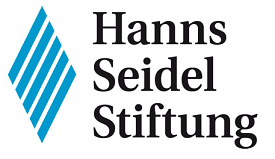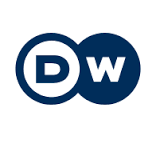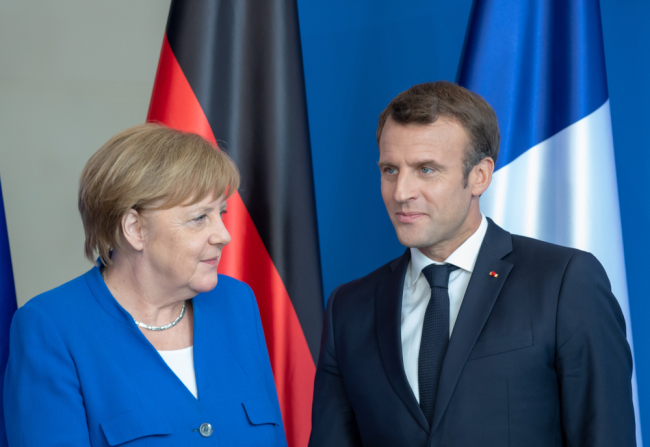German Economy
Germany is the leading economic power in Europe with a highly internationalized system. It is currently compelled to adapt to a declining globalization and a transition in its energy model.


Germany's FDP holds Strong Cards in Post-Election Haggling
Buoyant from its best election result in 10 years, Germany's liberal FDP party looks set to play a outsized role in coalition negotiations to form the next government.

Which way for Germany’s foreign policy after the 2021 elections?
After 16 years of Angela Merkel, Germany’s federal election will not only pave the way for a new government but also for a brand-new foreign policy. At least potentially.


Armin Laschet: Merkel’s heir apparent?
Angela Merkel has governed Germany for 16 years and proven a reliable ally both in Europe and for the world. Will her party colleague hoping to succeed her follow in her footsteps or diverge from her path in order to forge his own legacy?


The end of the Merkel-Macron era — a mediocre legacy?
German Chancellor Merkel has met with French President Macron in what could be her final working visit to France. Some analysts say their cooperation should have produced more results.
The State of Franco-German Relations and European Foreign Policy
The Franco-German relationship is more important than ever in order to deal with international crises and to develop a common European Foreign and Security Policy.
France prepares for Departure of Sometimes Reluctant Partner and Rival Merkel
Macron set to become the uncontested leader of Europe with German chancellor’s exit. Chancellor Angela Merkel was not naturally inclined to focus on Franco-German relations. “She comes from the former East Germany, and her experience was of east bloc countries, especially Russia, ” says Sabine Rau, Paris bureau chief for the German public television network WRD.
Support independent French research
Ifri, a foundation recognized as being of public utility, relies largely on private donors – companies and individuals – to guarantee its sustainability and intellectual independence. Through their funding, donors help maintain the Institute's position among the world's leading think tanks. By benefiting from an internationally recognized network and expertise, donors refine their understanding of geopolitical risk and its consequences on global politics and the economy. In 2025, Ifri supports more than 80 French and foreign companies and organizations.











